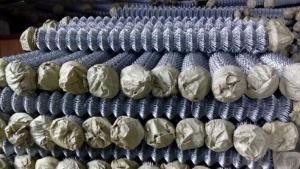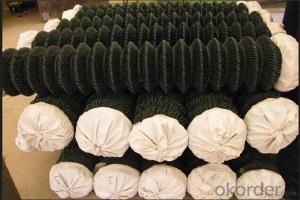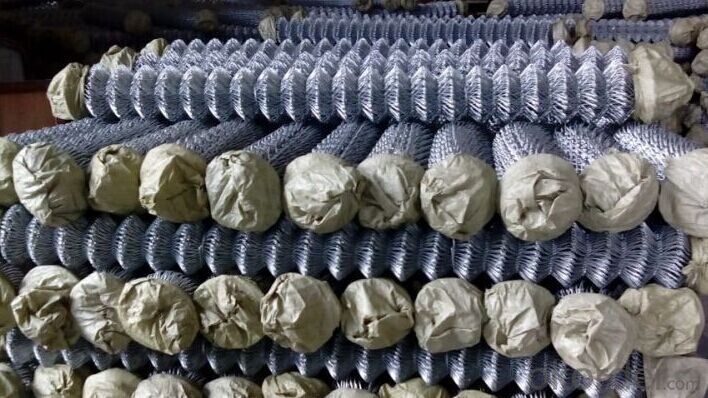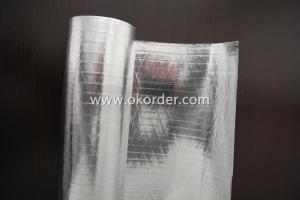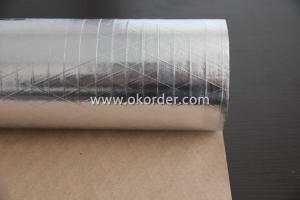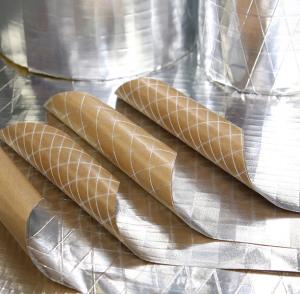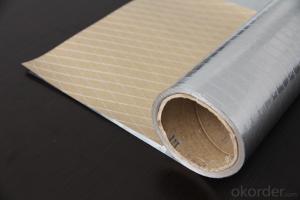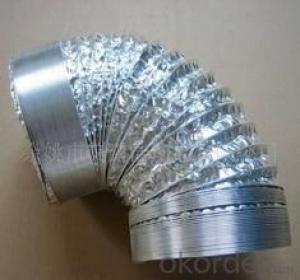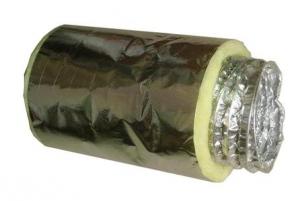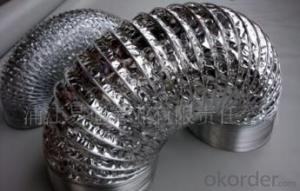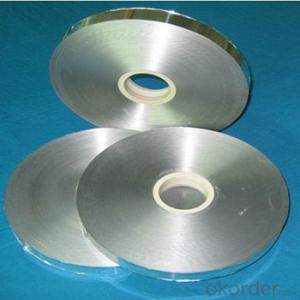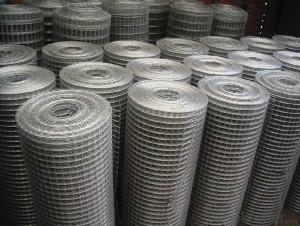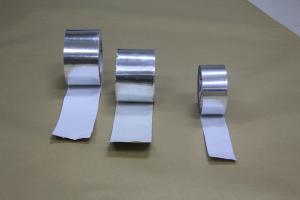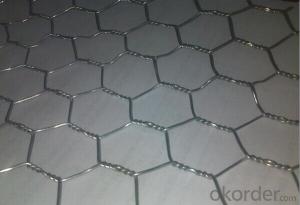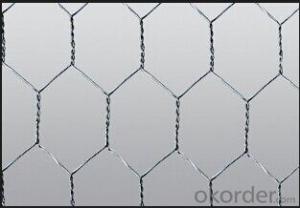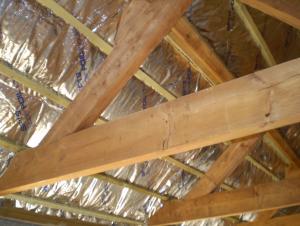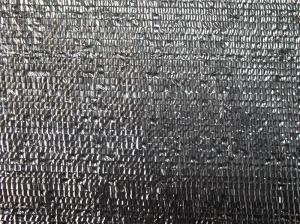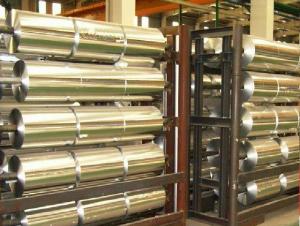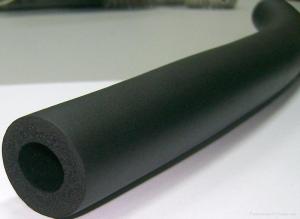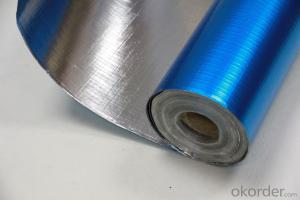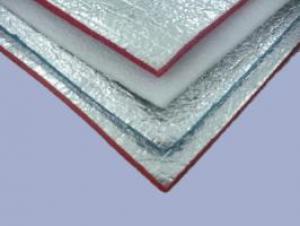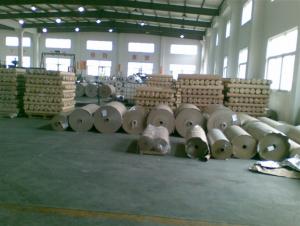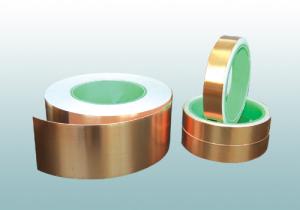Aluminum Foil Facing Reinforcing Mesh Panel
- Loading Port:
- China Main Port
- Payment Terms:
- TT OR LC
- Min Order Qty:
- -
- Supply Capability:
- -
OKorder Service Pledge
OKorder Financial Service
You Might Also Like
Specifications
wire mesh
1. CE, ISO9001:2008
2. High Quality Low Price
3.Galvanized wire, PVC coated
4.Delivery: 10 days
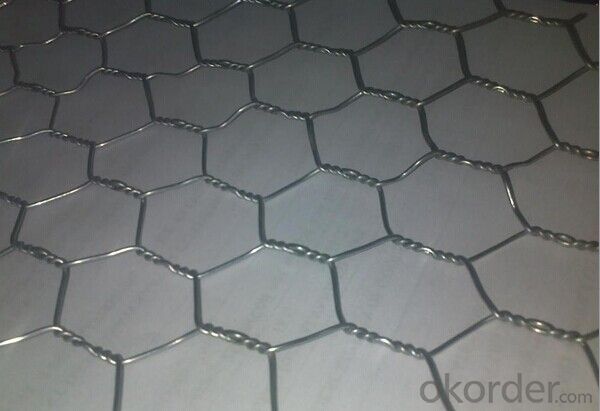
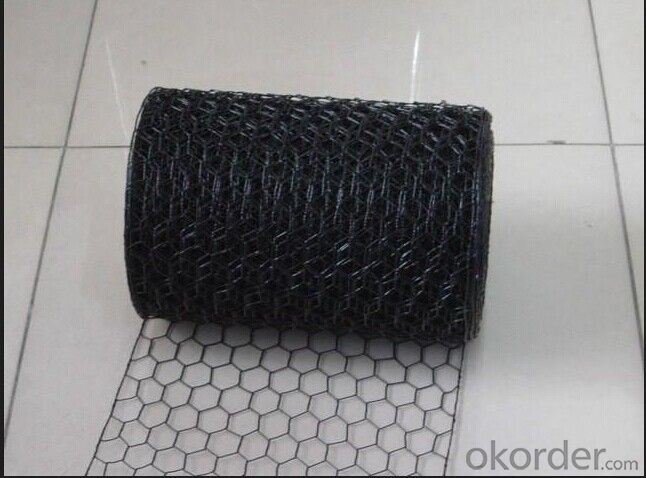
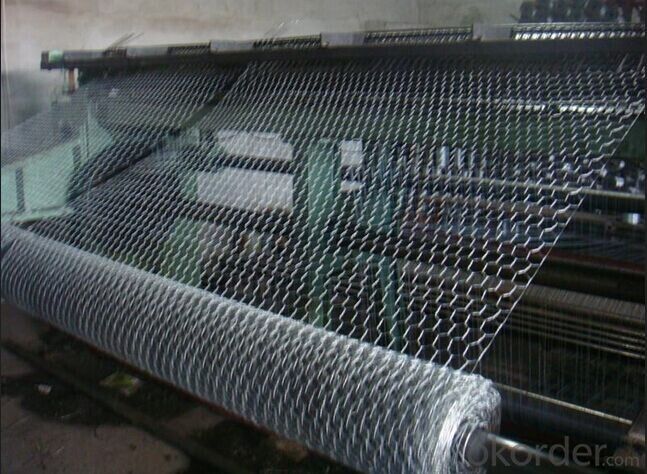
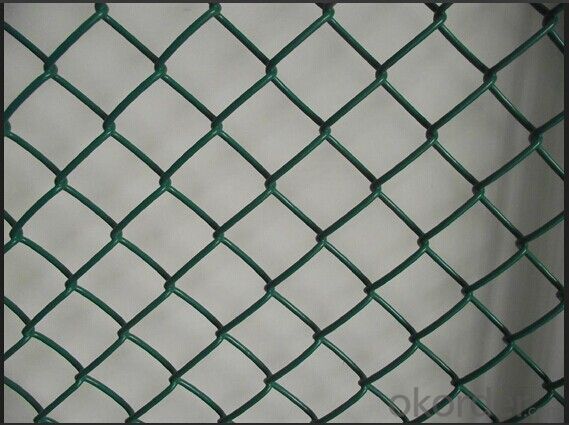
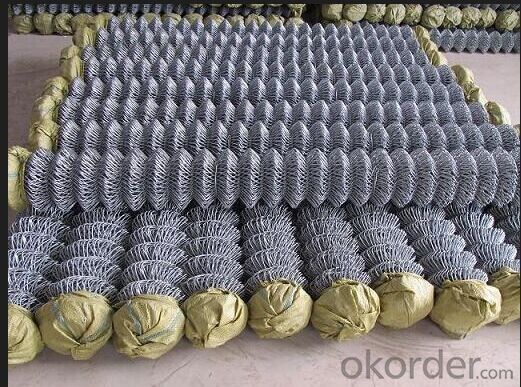
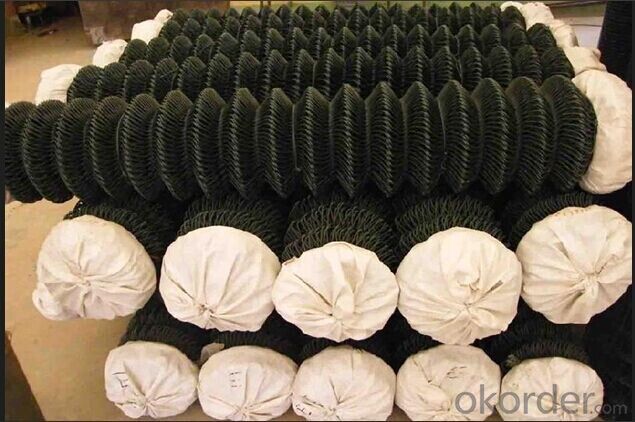
Woven wire mesh
Stainless Steel Wire Mesh:
We produce stainless steel wire mesh from first class stainless steel wire material in SUS/AISI 201 202 302 304 310 310S 316 316L 321 430 etc.
Stainless steel wire mesh with its excellent resistance against acid, alkali, heat and corrosion, find extensively uses in processing of oil, chemical, food, making wire mesh filter, also sorting and screening of solid, liquid and gas in mine, metallurgy, airspace and machine making etc.
Stainless steel wire mesh | ||||||
mesh/inch | wire diameter mm | aperture mm |
| mesh/inch | wire diameter mm | aperture mm |
2mesh | 1.80 | 10.90 | 60mesh | 0.15 | 0.273 | |
3mesh | 1.60 | 6.866 | 70mesh | 0.14 | 0.223 | |
4mesh | 1.20 | 5.15 | 80mesh | 0.12 | 0.198 | |
5mesh | 0.91 | 4.17 | 90mesh | 0.11 | 0.172 | |
6mesh | 0.80 | 3.433 | 100mesh | 0.10 | 0.154 | |
8mesh | 0.60 | 2.575 | 120mesh | 0.08 | 0.132 | |
10mesh | 0.55 | 1.990 | 140mesh | 0.07 | 0.111 | |
12mesh | 0.50 | 1.616 | 150mesh | 0.065 | 0.104 | |
14mesh | 0.45 | 1.362 | 160mesh | 0.065 | 0.094 | |
16mesh | 0.40 | 1.188 | 180mesh | 0.053 | 0.088 | |
18mesh | 0.35 | 1.060 | 200mesh | 0.053 | 0.074 | |
20mesh | 0.30 | 0.970 | 250mesh | 0.04 | 0.061 | |
26mesh | 0.28 | 0.696 | 300mesh | 0.035 | 0.049 | |
30mesh | 0.25 | 0.596 | 325mesh | 0.03 | 0.048 | |
40mesh | 0.21 | 0.425 | 350mesh | 0.03 | 0.042 | |
50mesh | 0.19 | 0.318 | 400mesh | 0.025 | 0.0385 | |
Width of Stainless Steel Wire Mesh: 0.6m-1.5m | ||||||
Welded Wire Mesh
Reinforcing Mesh Panel Description:
1. Reinforcing Mesh Panel also named Welded Steel Bar panel or Heavy welded wire mesh panel.
2. Wire diameter of Weded Steel Bar Panel: 5mm -16mm
3. The opening of Welded Steel Bar Panel: 75mm-300mm
4. Reinforcing Mesh Panel length: 1m - 12m
5. Reinforcing Mesh Panel width: 100cm-240cm
6. Reinforcing Mesh Panel, Wire profile: Smooth profile, or ribbed profiile.
7. Reinforcing Mesh Panel, type of material: Q235
8. Reinforcing Mesh Panel Standard size: 2.4m x 6m
9. Australian Standard: SL72,SL82.
- Q: What are the methods to prevent grease stains on aluminum foil after using it for cooking?
- <p>To avoid grease stains on your aluminum foil facing after cooking, consider the following tips: Use a double layer of foil to increase protection, ensuring the foil is large enough to fully cover the cooking surface. Preheat your foil before placing it on the cooking surface to reduce the chance of grease sticking. Clean the foil immediately after use with warm soapy water to remove any grease before it sets. Alternatively, you can use non-stick spray or a light coating of oil on the foil before using it, which can help prevent grease from adhering.</p>
- Q: What are the alternatives to using aluminum foil for food packaging?
- <p>Yes, there are several alternatives to aluminum foil for food packaging. These include biodegradable materials such as plant-based films, paper-based packaging, and compostable plastics. There are also reusable silicone food wraps and beeswax wraps that can be used multiple times. Additionally, glass and stainless steel containers are excellent alternatives for food storage and can be used instead of aluminum foil for certain applications. These alternatives not only reduce waste but also contribute to a more sustainable environment.</p>
- Q: What are the precautions to be aware of when using aluminum foil in the kitchen?
- <p>When using aluminum foil in the kitchen, it's important to avoid direct contact with acidic or alkaline foods as it may react and contaminate the food. Do not use it in broilers or ovens above 450掳F (232掳C), as it can melt and release harmful fumes. Avoid wrapping food in aluminum foil for extended periods, especially at high temperatures, as it may lead to the foil breaking down and leaching aluminum into the food. Always check for any tears or punctures in the foil to prevent food from coming into contact with the cooking surface directly.</p>
- Q: What are the methods to avoid aluminum leaching from aluminum foil into food during cooking or storage?
- <p>To prevent aluminum from leaching into food when using aluminum foil facing, avoid direct contact between the foil and acidic or salty foods, as these can cause the aluminum to leach. Do not use aluminum foil at high temperatures, as it can degrade and release aluminum particles. Opt for aluminum-free alternatives like parchment paper or silicone baking mats for lining pans or wrapping foods. When using aluminum foil, ensure it's the heavy-duty type, which is less likely to break down and release aluminum. Always wash hands and utensils that have come into contact with aluminum foil to minimize ingestion of any residual aluminum.</p>
- Q: What are the safe and effective alternatives to aluminum foil for food packaging?
- <p>Yes, there are several substitutes for aluminum foil facing that are safe and effective for food packaging. One such alternative is parchment paper, which is non-toxic and can withstand high temperatures without releasing harmful chemicals. Silicone baking mats are also a good option, as they are reusable, non-stick, and can be used in both the oven and freezer. Additionally, beeswax wraps can be used as a natural, eco-friendly alternative for wrapping food, although they may not be suitable for high-temperature cooking. It's important to ensure that any substitute used is food-safe and can handle the intended cooking temperature to maintain food safety and quality.</p>
- Q: This question asks for guidance on preparing a nutritious meal using aluminum foil as a cooking method.
- <p>To make a healthy meal using aluminum foil, consider 'foil packet cooking'. Choose lean protein like chicken or fish, and pair it with a variety of colorful vegetables such as bell peppers, zucchini, and cherry tomatoes. Season with herbs, garlic, and a drizzle of olive oil. Fold the foil to create a sealed packet and bake in the oven at 400掳F (200掳C) for about 20-25 minutes or until the protein is cooked through and the vegetables are tender. This method retains nutrients and flavors while minimizing added fats.</p>
- Q: What are the potential health advantages of using food packaging that does not contain aluminum?
- <p>Yes, there are health benefits associated with using aluminum-free food packaging. Aluminum has been linked to potential health risks, including Alzheimer's disease and neurological disorders. By avoiding aluminum in food packaging, there's a reduced risk of exposure to this metal, which can leach into food, especially when heated. This can help minimize the intake of aluminum, potentially lowering the risk of related health issues. Aluminum-free packaging also reduces the environmental impact and is often more sustainable, contributing to overall health by promoting a cleaner environment.</p>
- Q: What are the potential health risks associated with cooking food using aluminum foil?
- <p>Cooking with aluminum foil can potentially lead to the leaching of aluminum into the food, which may have health implications. While the body naturally eliminates small amounts of aluminum, excessive intake can be harmful. Aluminum has been linked to neurological disorders, including Alzheimer's disease, although the connection is not definitively proven. It's also important to note that the amount of aluminum that leaches into food during cooking is generally considered to be low. However, for those concerned about aluminum exposure, it's advisable to minimize the use of aluminum foil in cooking, especially for acidic foods which can increase the rate of aluminum leaching.</p>
- Q: This question asks for the most effective methods to utilize aluminum foil when preparing food for freezing or frying, specifically focusing on the aluminum foil facing.
- <p>Aluminum foil facing is best used for preparing food for freezing or frying by ensuring even heat distribution and maintaining food's moisture. For freezing, line your baking sheet with aluminum foil facing down to prevent sticking and make removal easier. When freezing individual portions, wrap them tightly in foil to protect their shape. For frying, use foil to create a barrier between the food and direct heat, which can help in even cooking. Always make sure the foil is shiny side out for better heat reflection and椋熷搧瀹夊叏. Remember to avoid overheating as aluminum foil can melt at high temperatures.</p>
- Q: Is it safe or practical to use aluminum foil facing as a material for making soup?
- <p>No, it is not advisable to use aluminum foil facing for making soup. Aluminum foil is not designed for direct contact with food, especially when heated, as it can potentially leach aluminum into the food. Additionally, aluminum foil is not a suitable material for cooking vessels as it can tear or puncture easily, leading to safety hazards. Instead, use materials specifically designed for cooking, such as stainless steel, ceramic, or glass cookware, which are safe and non-reactive with food.</p>
Send your message to us
Aluminum Foil Facing Reinforcing Mesh Panel
- Loading Port:
- China Main Port
- Payment Terms:
- TT OR LC
- Min Order Qty:
- -
- Supply Capability:
- -
OKorder Service Pledge
OKorder Financial Service
Similar products
Hot products
Hot Searches
Related keywords
